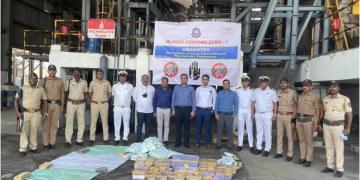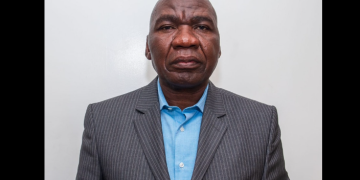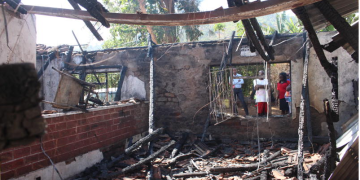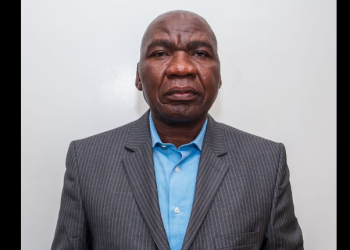Media fraternity mourning the sudden death of award winning Nation Media Group journalist Elizabeth Merab.
Elizabeth worked as health and science journalist which earned her eight awards, fellowships, and several notable mentions.
Ms Merab joined the Nation Media Group in 2016 and quickly established herself as a passionate journalist.
She covered infectious diseases, including outbreaks, preparedness, research, and vaccine and drugs development. She was trained as a teacher at Kenyatta University, specialising in English and literature. She graduated in 2014.
She went to the Aga Khan University Hospital in Nairobi on Tuesday, which turned out to be her final visit.

She died on Saturday, July 15th, at the age of 31, after battling complications from sickle cell illness, which had resulted in the amputation of her left leg a few months before.
It surprised family and friends because, on Friday, she appeared to be in good health and even joked with a cousin who had visited her.
Ms Merab’s uncle, Tom Obar, told Nation that she promised her cousin more banter the next day.
“When my son visited her, she was a bit jovial and they cracked some jokes there. She told my son that tomorrow, that’s Saturday, they would laugh more,” said Mr Obar.
“We had arranged to visit her at around 10am so that at least we could see if she had improved so that when they discharged her, then we could come with her immediately to the house,” he added.
That was not the case. Hospital personnel contacted Ms Merab’s family about 3 a.m. Her father, who lives in Nyanza, was notified, and he immediately sent his brother, Mr Obar, who lives in Nairobi, to the hospital.
“Immediately, her father called us. We rushed to the hospital. The doctors told us that her condition started getting worse at around 3am up to 4am; that’s around one hour. At 4.15am, she (died),” said Mr Obar.
“We just thank God because it’s His plan. There is nothing much we can do. But by the time she was dying, she was in a lot of pain. The other problem is that she was eating very little. She didn’t have energy. I think the body was overwhelmed by the medicine and there was no food that she was taking.”
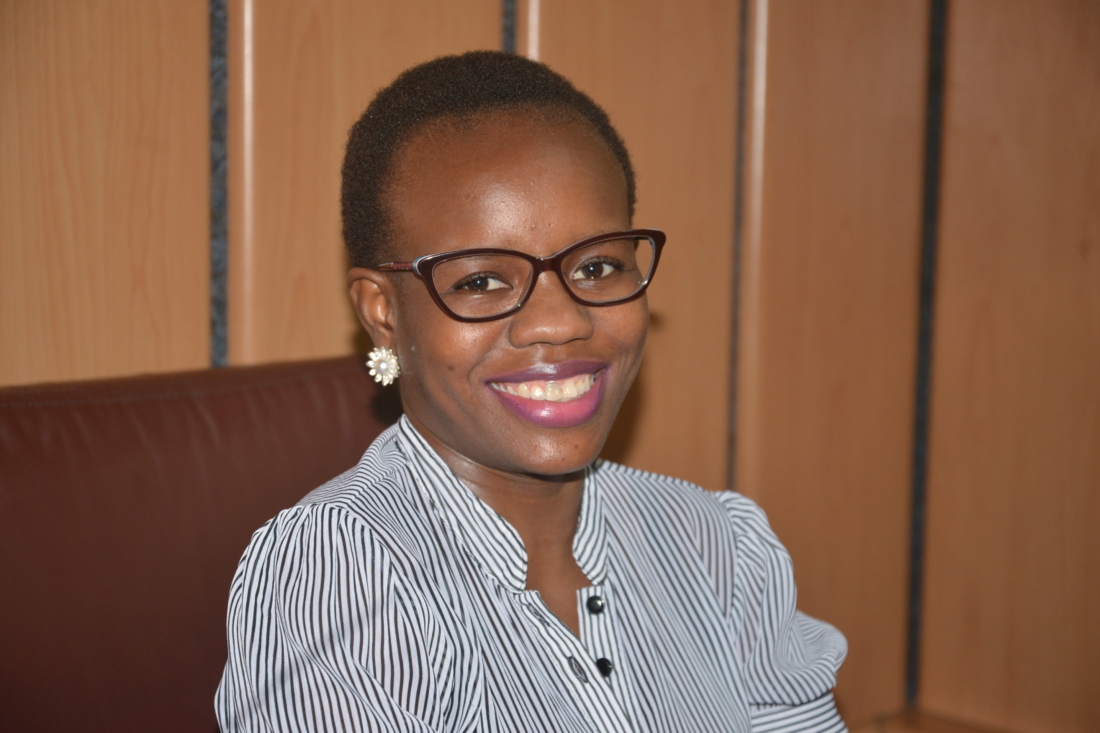
They had taken her to hospital on Tuesday and she was in a lot of pain.
“She was admitted immediately (and) taken directly to the High-Dependency Unit,” Mr Obar said.
Asked why the death could have come so sudden, Mr Obar reasoned that the disease was characterised by sudden and extreme strikes.
“It’s an on-and-off disease in the sense that sometimes the pain goes off. You see, those doctors were also trying to manage the pain. So, all of a sudden as from 3am, it started getting even worse,” he said, noting that after her death, doctors tried to resuscitate her in vain.
“When the pain starts, it can start on a very low level and in an hour, shoot up to the highest level,” Ms Merab once said in an interview.
“It’s pain that makes you want to cry. It’s pain that makes you forget that you’re an adult and you just want to roll on the floor.”
Ms Merab was the firstborn in a family of five children. One of her sisters, Mr Obar said, had earlier died of sickle cell.
Nation Media Group (NMG)’s Editorial Director Joe Ageyo celebrated Merab’s determination to deliver despite her situation.
“Merab had a fighting spirit that made her the model journalist. In between the episodes of sickness, she still managed to put together award-winning and agenda setting journalistic pieces. She was among an increasingly rare breed of journalists who believe in the life changing power of good journalism,” he said.
Rest in peace Merab.

